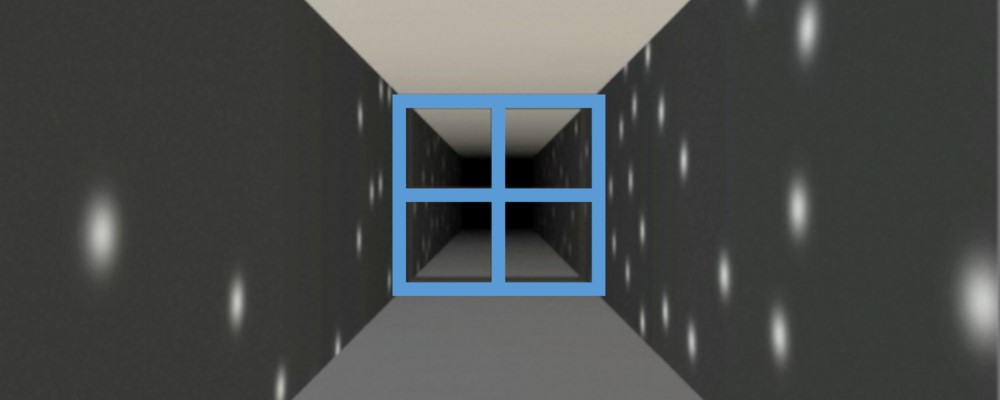
The Vection team is led by Core Researcher, Laurence Harris, and includes Core Researchers Michael Jenkin and Robert Allison from the Department of Electrical Engineering & Computer Science. VISTA Postdoctoral Fellow Nils-Alexander Bury and graduate student Meaghan McManus are also contributors to the project. The team aims to find out how visual information creates the feeling of self-motion in weightlessness.
The teams will also examine whether astronauts’ perception of their surroundings is affected by weightlessness, and create a model of how space impacts the way we process visual information. Their experiment may enhance medical research focused on finding potential treatments for diseases, enhancing medical procedures and improving the quality of life for people who are sick.
“This experiment may be the missing piece of the puzzle to help us better understand disorders that affect movement and posture like Parkinson’s disease,” said Harris. “Virtual reality applications may help people recovering from a stroke or with damage to the sense organs that help with balance. Perhaps this research will give us deeper knowledge of the effects of aging on perception or how to improve technologies like remotely operated robots used in surgery.”
The experiments will take place aboard the International Space Station and will be supported by controlled experiments conducted on Earth at York. Saint-Jacques will be the first crew member to take part in the experiment.


